Despite stepping down as CEO two years ago, Yancey Strickler retains a keen interest in ensuring the crowdfunding platform stays true to its core values
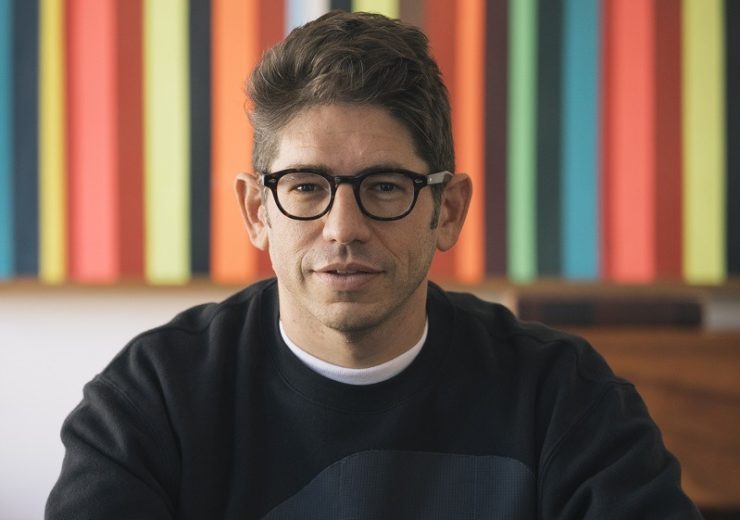
Kickstarter co-founder Yancey Strickler
As one of the three people who set up Kickstarter in 2009, Yancey Strickler has the gratitude of creatives who can now get their ideas into the world using the world’s biggest crowdfunding platform. He recounts the story of how they took the tech world by surprise.
“About 10 years ago, I told someone that in five years’ time, Kickstarter will look exactly the same, and the rest of the world will look like Kickstarter.”
Yancey Strickler is nothing, if not a man who places values front and centre of everything he does.
He may have departed Kickstarter, the world’s biggest crowdfunding platform that he co-founded and led for years as CEO, two years ago but he is still passionate about the ideology he helped instil.
When he set it up with two friends a decade ago, the mission was to help creatives get interesting projects off the ground that would otherwise struggle to attract finance in a world where profit is king.
To date, it has received $4.7bn in pledges from 17 million people across more than 173,000 projects.
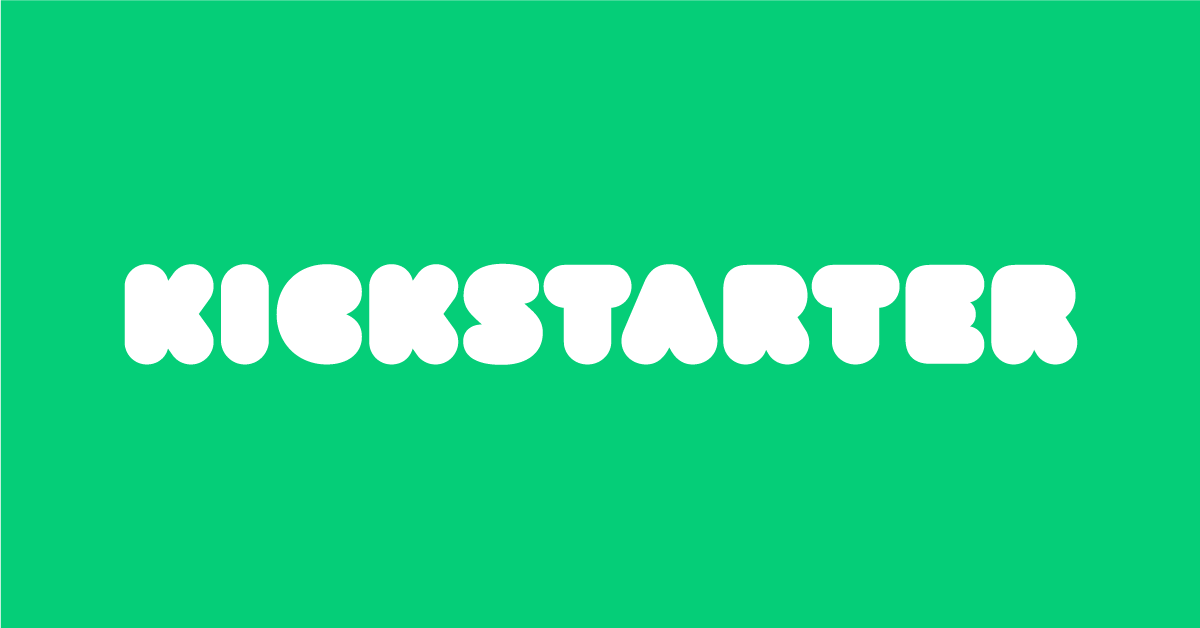
While it’s debatable whether the rest of the business community has since adopted such a pure and inclusive approach to new ideas as Strickler and co’s concept of getting the masses to invest in things they believe would make the world a better place, he is happy with where the public-benefit corporation still sits.
“I think what I said is true,” he says. “Our idea for Kickstarter was that it should be a constant thing. It should be reliable, it should be predictable and it should hold these same values.
“It shouldn’t be trying to exit and cash out. It needs to be that kind of public works utility that’s always there.
“And my expectation is it will continue to do so.”
Yancey Strickler on the history of Kickstarter – and its founding ethos
While Strickler was pivotal to Kickstarter’s rise, it was Perry Chen who first came up with the idea after creating a crowdfunding campaign to organise a concert in New Orleans, where he studied at Tulane University, in 2001.
“He was going to have to front up something like $20,000 to do it,” recalls Strickler.
“Through that, he had the idea where, instead of putting that money in himself, what if he proposed it to the internet?
“People would buy tickets but only get charged if the show sold out. And if it didn’t sell out, it wouldn’t happen.

“So this was a way he thought that, instead of him holding all the responsibility, it could be a collective decision.”
It was another three of four years until Chen and Strickler, then a music critic, would meet and eight years in total until Kickstarter was launched.
They brought Charles Adler on board shortly after partnering on the idea to create the company, which would later become a public-benefit corporation – one that still exists for profit but must meet high standards of transparency and social responsibility.
All three partners came from arts backgrounds and they were determined to make the crowdfunding platform solely for creative projects, where their collective passions lay.
“We discussed how this same concept could work for a charity, buying Jenny a prom dress, paying medical bills or whatever, but we said that shouldn’t be happening on Kickstarter because we wanted to create a new identity around fundraising.
“We wanted it to be something we can be proud of and to create a new context for creative people to put ideas out there.”
Yancey Strickler on the launch – and growth – of Kickstarter
On 28 April 2009, Kickstarter was kickstarted.
Based in Brooklyn, rather than on the West Coast tech conveyor belt that had popped out Facebook, Twitter, Airbnb and Uber in the preceding few years, it took many people by surprise.
“We weren’t on anybody’s radar,” admits Strickler. “We’re not a Silicon Valley company or one that’s well-funded.

“At the time, it was very scrappy but it just grew very steadily. And that happened because it was a very useful tool for creative entrepreneurs of all stripes, who had been blocked from putting ideas into the world.
“They were pitching their projects to studio publishers and record labels that were for-profit businesses and looking to put their money into things that could be hits.
“But not every creative idea aspires to be a hit, so Kickstarter lowered the bar for why something should exist.
“Something good could exist not because it had a probability of becoming profitable, but just because people liked it.”
Having these strong social values at the core of Kickstarter gave the company a solid grounding from which to steadily grow a devoted community.
It won plaudits far and wide, being named one of the “best inventions” of the year by Time and “the people’s NEA” by The New York Times.
And while it hadn’t started off the back of a flush of investment, it reportedly raised $10m from a range of backers, among them Twitter founder Jack Dorsey, allowing it to create a smartphone app and move into countless new territories across the world.
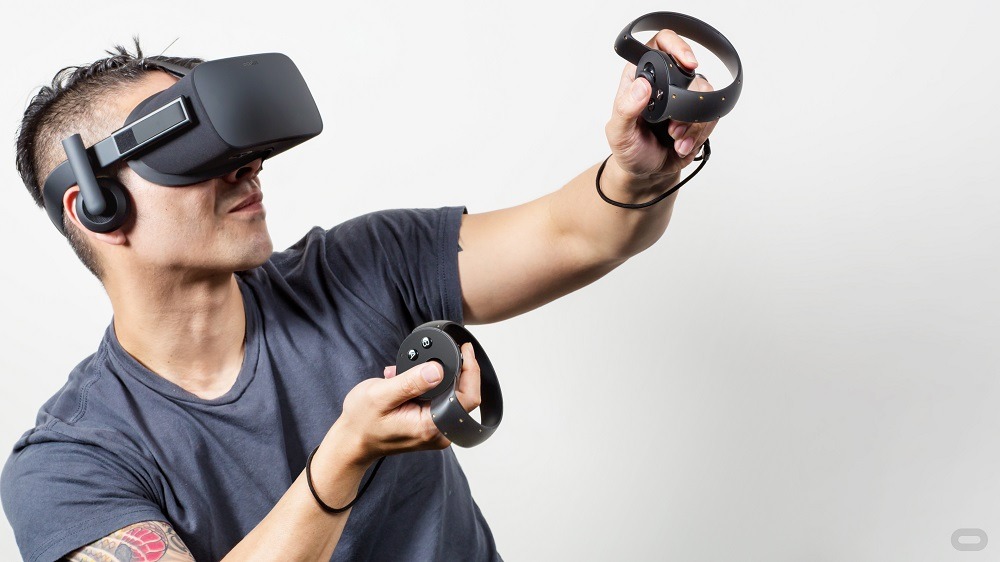
A 2016 report by the University of Pennsylvania found the platform had generated $5.3bn in economic impact, leading to the creation of 8,800 companies and not-for-profits – as well as more than 300,000 full-time and part-time jobs.
Some of the best-known projects to have been launched on Kickstarter include virtual reality headset and software developer Oculus VR – now owned by Facebook – independent storyteller network Radiotopia and GoldieBlox, which builds interactive toys and games to get girls interested in engineering.
Musicians and actors including Zach Braff, TLC, De La Soul, Colin Hanks, Whoopi Goldberg and Jennifer Paige have also used the platform to get ideas off the ground.
Yancey Strickler on leaving Kickstarter and pursuing new ventures
With the rising reputation came a constantly evolving working environment that would change every six months, admits Strickler, who worked full-time at Kickstarter for nine years – including almost four years as CEO.
He says it was a “blast” but, in October 2017, felt the time was right to step down.
“It had been a long time and I was just ready to think about something else,” adds the World Economic Forum “young global leader” and Fortune “40 Under 40” alumni.
That something else culminated in Strickler – who admits he has no interest in forming another start-up anytime soon – writing a book, This Could be Our Future: A Manifesto for a More Generous World.
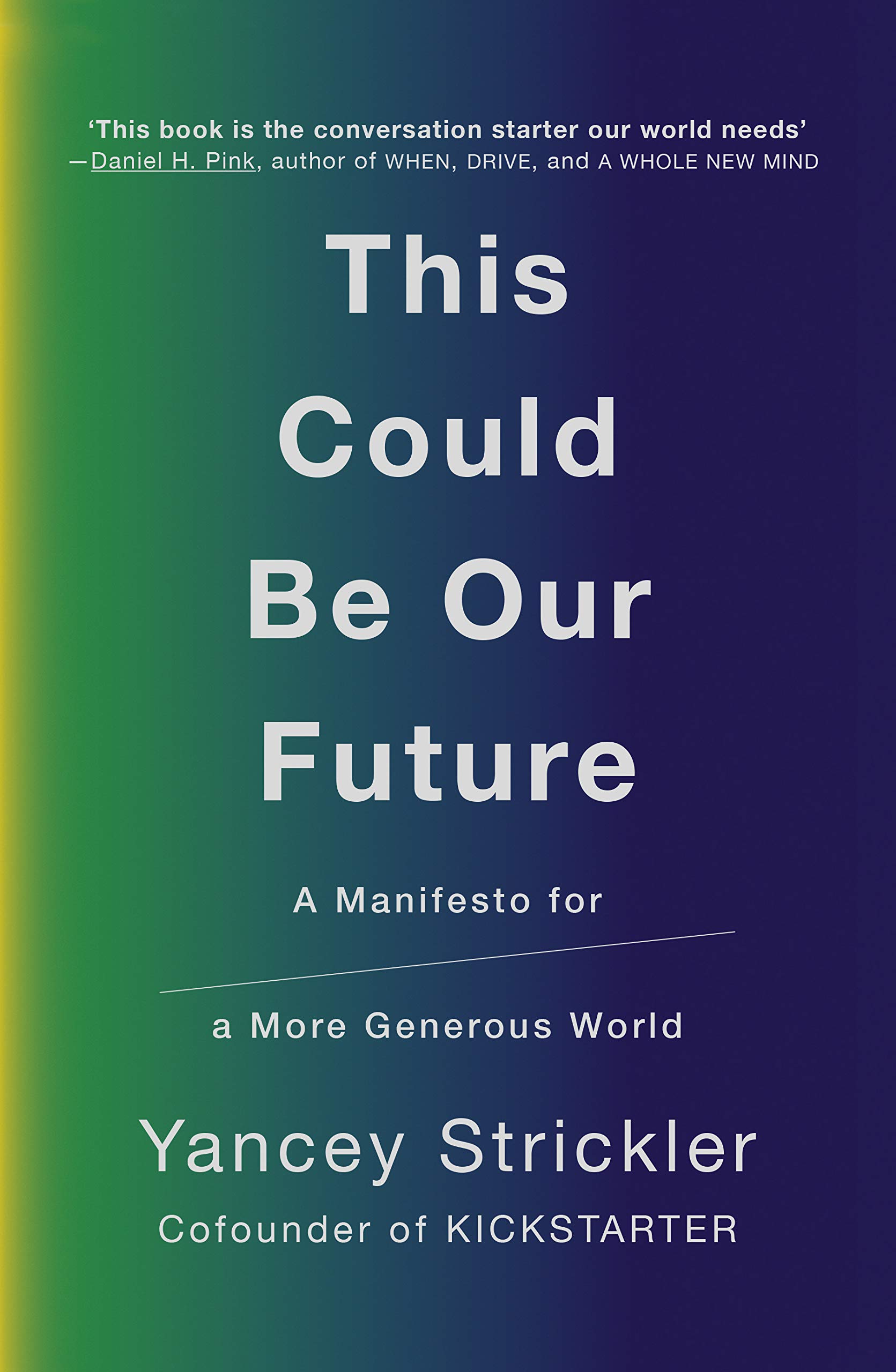
Throughout its 285 pages, he explores how economies tied to a capitalist ideology are effectively suffocated by what he terms “financial maximisation” – in which every key decision is taken with the primary aim of guaranteeing the biggest profit, rather than considering other reasons that may have a better social impact.
He comes up with the concept of “bentoism”, a simple framework that can be used by individuals and organisations to make the best decision based on what is most important to them and those they care about, both now and in the future.
“The Japanese bento box is like a healthy default that always reinforces having a variety of dishes, not overeating and having a mix of protein, vegetables et cetera,” he explains.
“So bentoism is the same idea for our self-interest. It’s a way for us to see what’s going on beyond [our own immediate] space and really make self-coherent decisions.”
Although he says it’s a philosophy he has personally adhered to for the past year, the ideas introduced in the book stem back about five years.
At the time, Strickler had noted what he considered to be the negative effects of gentrification in the Lower East Side district in Manhattan where he lived.
A popular punk dive bar called Mars Bar, which had been standing for 35 years after opening around the same time as famed music club CBGB, was torn down and replaced by a TD Bank branch.
“What was wild was that it was the fourth TD Bank within a 15-minute walk of that same corner,” says Strickler.
“I ended up researching this and found that the number of bank branches in New York City had gone up by something like 1,000-times over the previous 10 years.
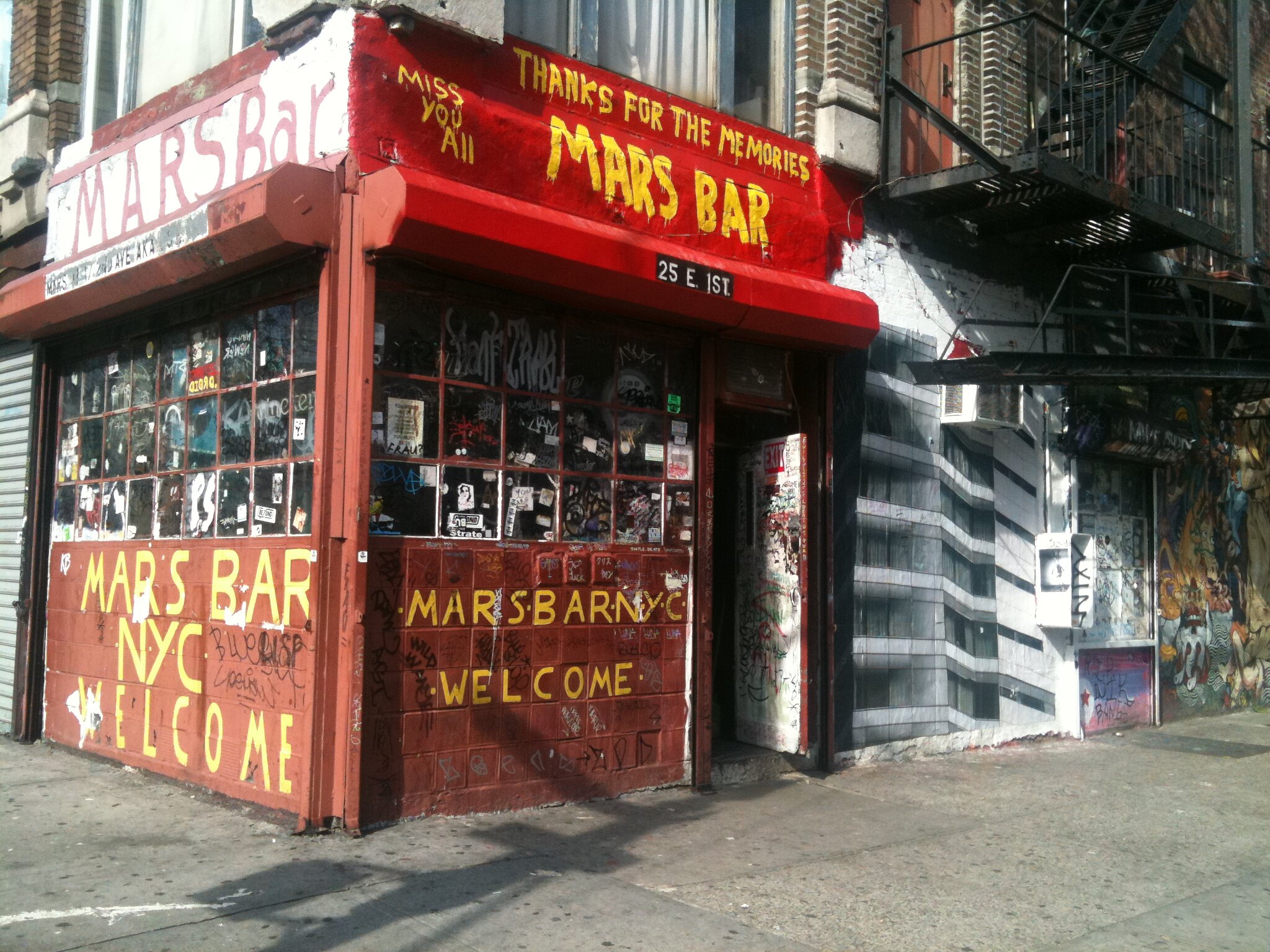
“And I realised that in every one of those places where a new bank had been built, there had been a local business like Mars Bar that had gone extinct.”
He told this story during a web conference in Dublin, while still at Kickstarter, during a time when there was a big buzz around entrepreneurship thanks to the tech start-ups appearing left, right and centre.
But what he also found during his research was that the entrepreneurship rate between 1977 and 2014 had actually halved per capita in the United States – a similar decline to smoking rates.
Strickler adds: “I just found this a really challenging and interesting thing. And so I talked about how the force driving this was what I called financial maximisation, which is the belief that the rational choice in a decision is whichever option makes the most money.
“This was like the default setting that was guiding all our choices.
“I was terrified to give that talk because normally I was just selling Kickstarter but it seemed important.
“It then really connected with people as a transcript of that talk was uploaded online, and went sort of ‘nerd viral’.
“So I kept thinking about that and pulling on that thread, which has occupied me for the past two years, culminating in my book.”
Yancey Strickler on the future of Kickstarter
Despite no longer having daily involvement in Kickstarter – it’s now headed up by Aziz Hasan, who previously headed up the design and product teams – Strickler remains a shareholder with more than a passing interest in its future.
He doesn’t expect it to move away from the creative-centric crowdfunding model he helped establish given that its values are deeply embedded in the public-benefit corporation charter – which holds the company to supporting creativity, the arts and equality.
But he admits there will always be external influences that shape its future.

“What does happen is that even as your values are settled, new events occur that put pressure on those values, which challenges and forces you to think about them in different ways,” he says.
“You can get into governance questions, how much risk the public should bear, which type of projects can be on the site and what is your ultimate destination you’re working towards?”
Having helped to solve those questions for the first eight years, Strickler has long since passed the Kickstarter baton on – but he will hope to one day see the rest of business follow the example it has set.
Yancey Strickler discusses bentoism in more depth in his new book, This Could Be Our Future: A Manifesto for a More Generous World, which is released on 31 October 2019.


